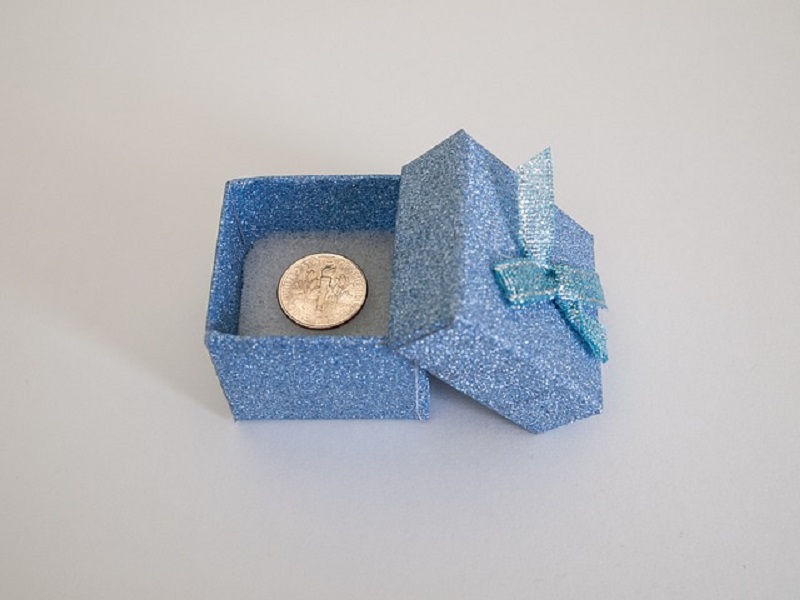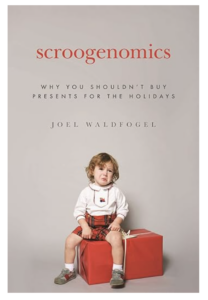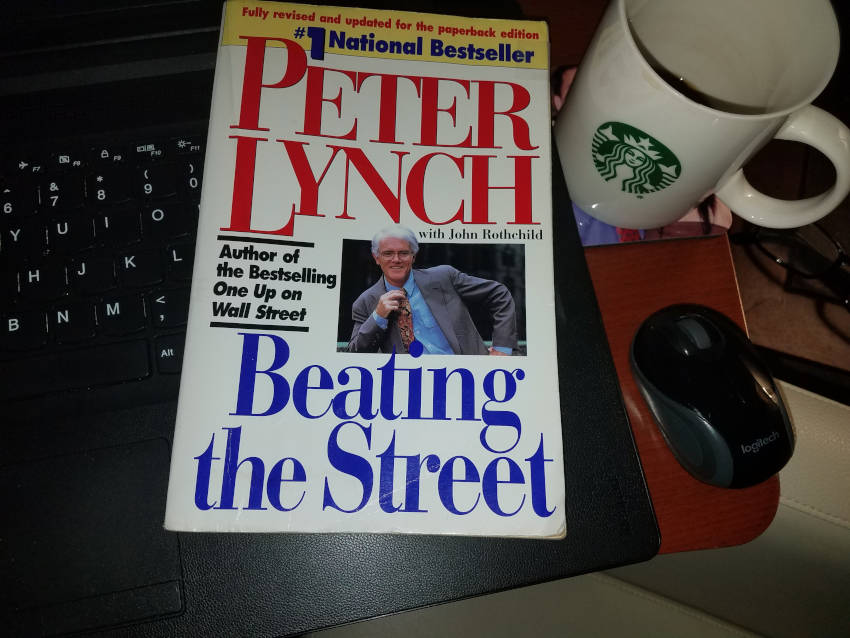I remember the Monito Monita. And I hated it. For OFWs, sending cash is way better. It’s more affordable especially of high exchange rate. What I follow is that if I would give a gift, it should be useful (something to wear) and not expensive (on sale). I still long for the day that I would wrap a personal finance book for someone (other than for myself) or any book or ebook. Just read. Reading will never go out of style and a great investment for the future self.

No greater gift is there than cash— at least that’s what I think former Wharton professor and economist Joel Waldfogel is implying in his book Scroogenomics: Why you shouldn’t buy presents for the holidays (Princeton University Press).
In a 2012 interview with Bloomberg, Waldfogel argues that Americans end up wasting billions of dollars on presents during the holiday season every year:
“Normally, when we spend money on ourselves, we only buy things that they’re worth at least the price. So if I see something worth $50 to me, I’ll buy it. Normally, spending provides some measure of satisfaction.”
He then contrasts this with giving gifts to others.
“Gift-giving is really different. If I set up to spend $50 on you, I’m operating at a huge disadvantage– I don’t know what you like or already have. I could spend $50 and buy something worth nothing to you.”
So it’s not that Waldfogel is a total Scrooge. According to him, he’s not attacking Christmas. He is attacking the “value destruction” with which we celebrate Christmas. His suggestion is to keep buying presents, but only for people you know well.
I couldn’t agree more. In my opinion, whoever said “It’s the thought that counts” doesn’t know how to make it count. As a responsible giver, we should minimize wasteful spending.
Whoever said “It’s the thought that counts” doesn’t know how to make it count. As a responsible giver, we should minimize wasteful spending.
When I was a freshman high school student in the Philippines, our class played Monito Monita during the Christmas season. It’s the Filipino version of Secret Santa or Kris Kringle, (depending on whether you’re based in the U.S. or Canada). The rules are very similar except that (1) you don’t get to choose your giftee– they’re raffled out, and (2) the gift should follow a specific theme (e.g. something long, something hard, something wet).
Since we barely knew each other, many of the giftees received gifts that they couldn’t use or simply wouldn’t want. A few got completely inappropriate gifts from bullies. One of my classmates received a deodorant. Another received a dental floss and a toothbrush. Both gifts ended up in the trash.
But isn’t spending, regardless of whether the recipient is satisfied or not, good for the economy? To some extent, yes. But that doesn’t mean that it’s an efficient use of our resources. Otherwise, we would be building malls in the wilderness.
When Jesus was born, the Wise Men didn’t bring cash. But they did bring him gifts that have a practical use for an infant. Gaspar brought frankincense, which is an essential oil that is great for skin care. Balthazar brought myrrh, a valuable medicine that can cure ailments as diverse as mouth sores to snakebites. Last but not least, Melchior brought gold, which is as good as cash (or better).
Follow their suit, get wise with your giving this Christmas.




